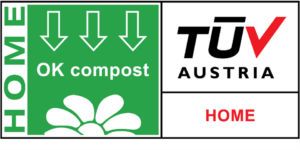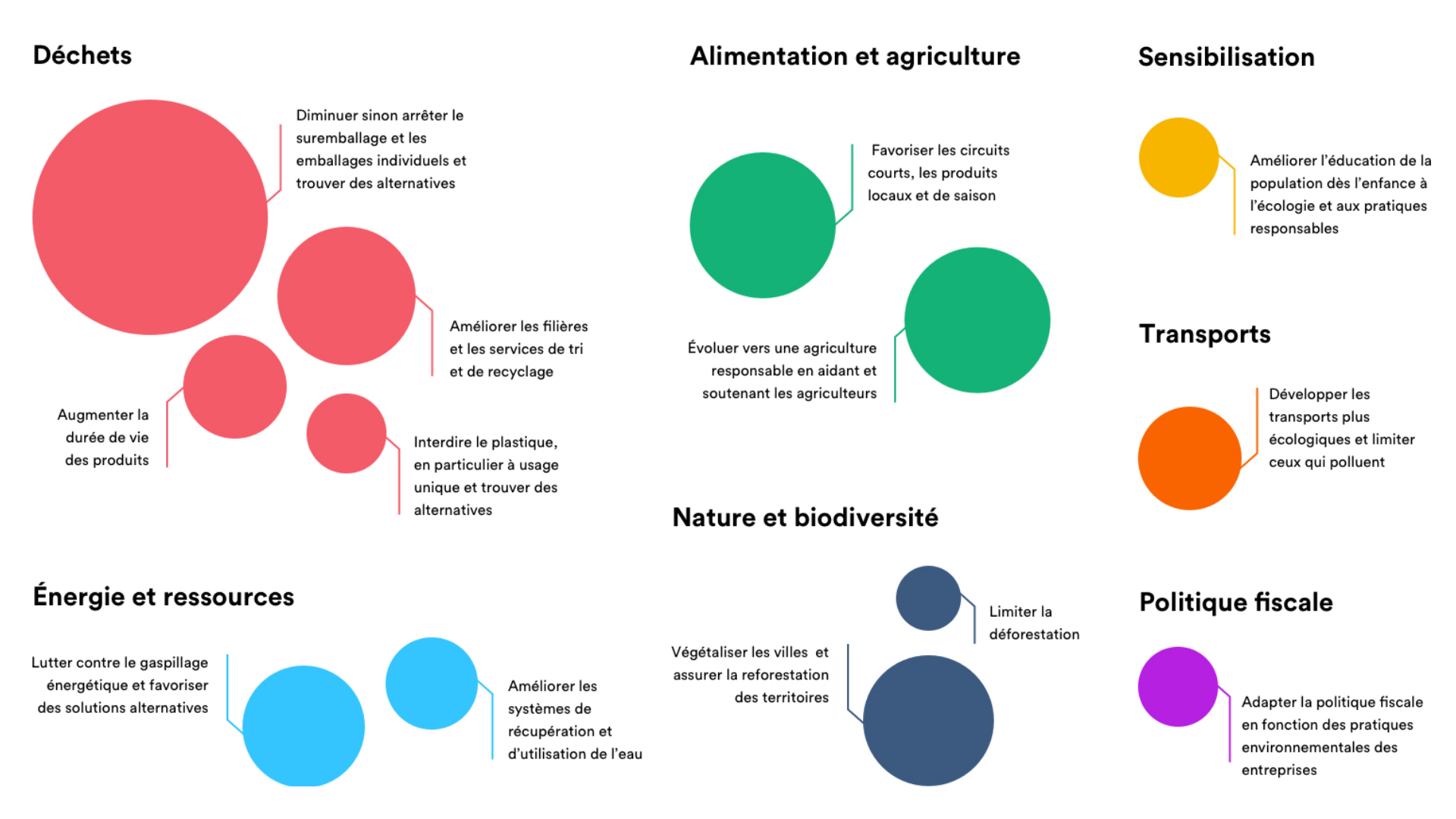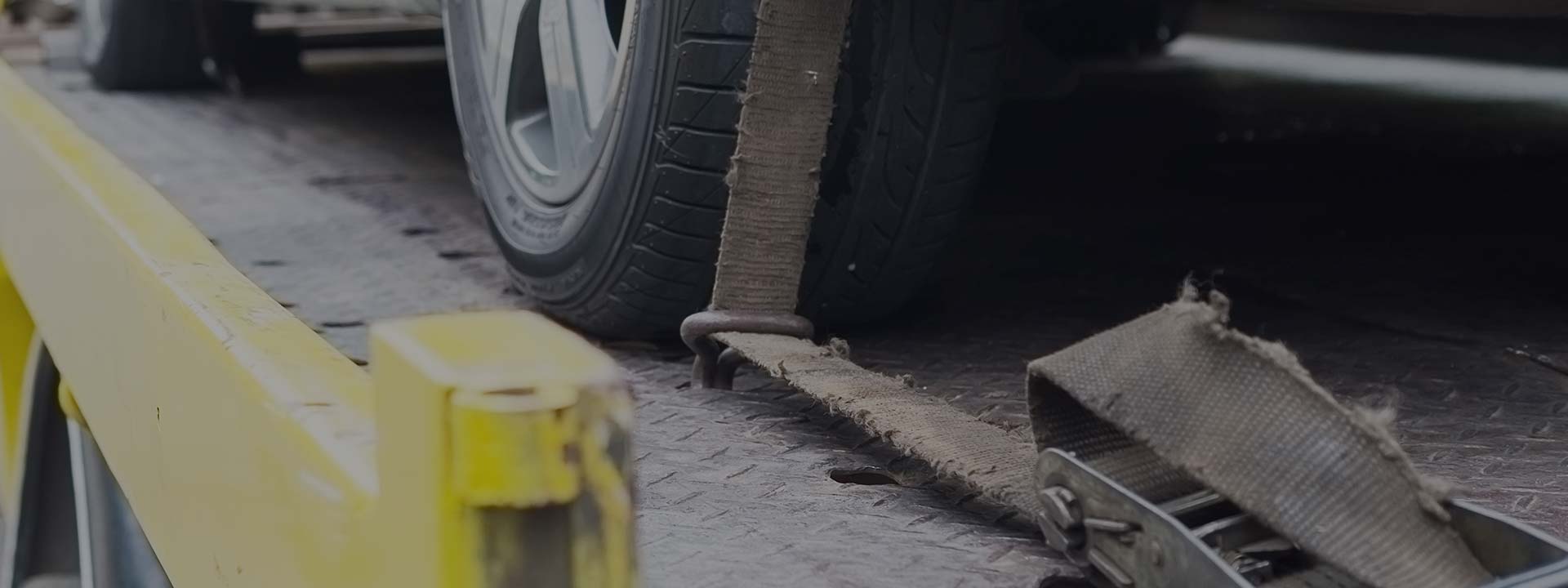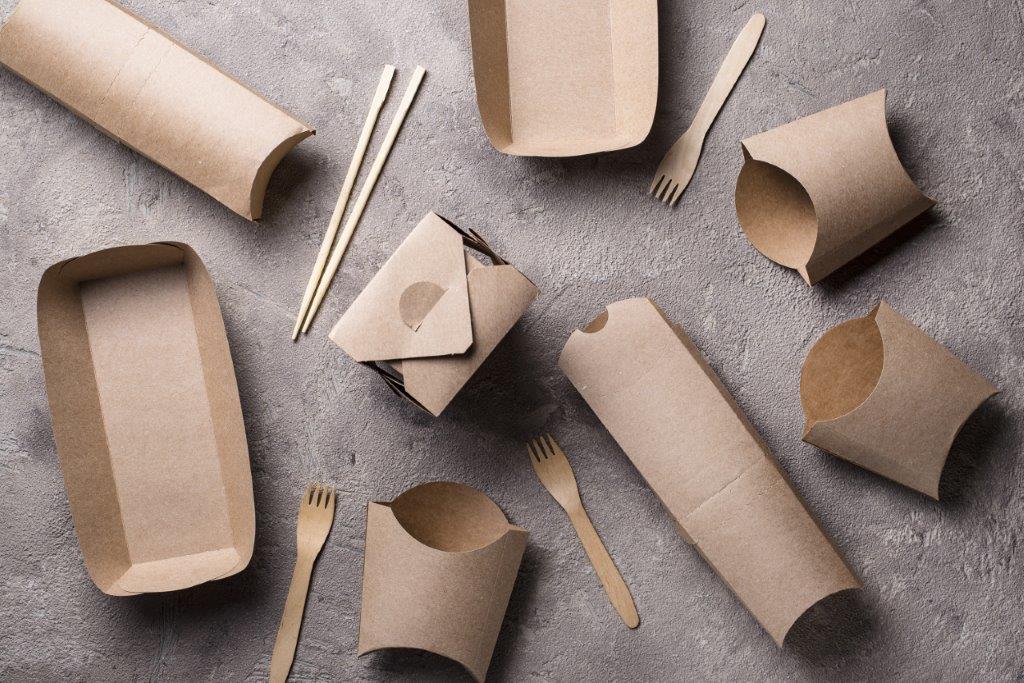The 10 post-Covid-19 challenges facing the 2020 fast-food sector
Uzaje, Biocoop Scarabée and Triballat launch ZeroWest recycling program in the Grand Ouest region of France
Consumer demand for initiatives to reduce the use of single-use and disposable plastics is growing. From a meeting between three committed players: La Coopérative Scarabée, Triballat Noyal and Uzaje, the desire was born to develop a collaborative packaging reuse project via the Greater West regional ecosystem. And so ZeroWest was born.
The aim of the experiment is to set up an efficient recycling circuit for containers on a regional scale.
For 6 months , glass containers from a selected range of products will be collected inScarabée stores, washed and sent back to producers for reconditioning.
To date, 11 producers are partners in the program : Tante Hélène (from the Triballat Noyal group), Karine & Jeff, Les Coteaux Nantais, Les 4 Gourmands, La Brasserie du Vieux Singe, La Brasserie La Lie, La Brasserie Skummen, Les Vergers de l'Ille, Karma (from the Bio Groupe group), P'tits Fruits de la Forêt and Nomad'Yo. The trial includes a wide range of local and national brands in glass containers. In particular, Tante Hélène has decided to package its 400g fromage blanc in a new glass jar, a first demonstration in France of the replacement of single-use plastic by a washable, reusable container.
The products concerned will be identified in-store with the words "Bring me back!", and collection and information areas will be made available to customers.
To keep logistics short, the containers collected are washed at La Feuille d'Erable's adapted facility, located an average of 8 km from the network's stores.
The ZeroWest project press kit
The Cesson-Sévigné store was equipped on Tuesday March 3, and the other stores in the Scarabée group will be progressively equipped throughout the month.
Here's an in-store preview!
Zero waste meals at Franprix with Uzaje
Since September 2019, customers of the Franprix store on rue Réaumur in Paris have been able to choose between single-use and reusable packaging for their meals. This new offer has since been tested by the chain, supported by Citeo and orchestrated by Uzaje.
Objectives for Franprix: to respond to growing customer demand for a more responsible way of consuming that produces less waste, and to test consumer interest in reuse and the environmental and economic efficiency of SolZero's solution.
Objectives for Uzaje: to test the economic and environmental efficiency of the solution implemented (packaging adapted to re-use, optimized logistics, high-performance washing station).
How it works: Emmanuel Auberger, founder of Uzaje (formerly SolZero), explains in pictures.
In a nutshell: customers at Franprix's Réaumur store in the 2nd arrondissement of Paris can now choose between single-use and reusable packaging for their in-store or take-away meals (salad bar, ready-made meals and fresh fruit juices).
Once they've eaten their meal, customers who have opted for reusable packaging place it in special bins in the store.
On a daily basis, Uzaje collects the dirty containers (jars and bottles) from these bins, cleans them in a washing plant near Rungis, and returns them to the store so that they can be used again by customers.
During the trial period, no deposit is set in order to test customer interest in reuse, without any financial constraints, with a very encouraging initial trend from the first weeks of the test.
Are bio-based plastics really environmentally friendly?
Faced with the tsunami of plastic pollution, more and more consumers are paying attention to the environmental quality of their packaging. Many of them are now turning to packaging made of bio-sourced plastic, composed entirely or partly of vegetable raw materials (corn starch, sugar cane bagasse or algae). Today, this represents only 3% of household plastic packaging in France. But is it really a good solution from an environmental point of view? To answer this question, we first need to look at how it is manufactured:
- If large-scale monoculture of plant raw materials is used to manufacture plastic, the environmental balance sheet will not be favorable. In fact, it means using less land for food production, not to mention the risk of land clearing in some countries.
- On the other hand, if it is made from residues (plant waste), the environmental balance of plant-based plastics is positive. For example, plastics made from sugarcane residues. Once the sugar has been extracted from the cane, the remaining fibers can be converted into polyethylene.
Is biosourced plastic biodegradable?
The term "biodegradable" gives rise to many misunderstandings. The term "biodegradable" appears on biosourced PLA bottles. But beware: if you throw a PLA (polylactic acid) bottle into nature, it will remain intact! Same thing if you put it in your compost at home. When we say that PLA is biodegradable," explains Nathalie Gontard, "it's only under industrial conditions, with the right bacteria and the right temperature". This process is still in the experimental stage in France. The other problem with this PLA plant-based plastic is how to collect it: do you need a special bin? Today, if you buy a PLA bottle, it will end up in the normal garbage can...
Recyclability of plant-based plastic packaging
Once again, it all depends on the resin used. With vegetable matter, we can manufacture the same molecule as the petroindustry: PET (used to make most water bottles). Plant-based PET can be recycled in a conventional plant, but not ad infinitum. PLA, on the other hand, is not recyclable. This bottle looks just like its petroleum-based plastic cousin, except that the optical sorting machines at sorting centers don't recognize it. It is ejected from the chain, and ends up in incineration.
Do you have compostable plastics at home?
Yes, these are plastics with the "OK Home compost" label, recognized in Europe and certified by a private Austrian company, TUV.

This label applies to the PHA family, biopolyesters, plastics manufactured using micro-organisms that decompose plant waste. There are also agro-polymers, the small, very thin (and soft to the touch) bags that have replaced traditional plastic bags in the fruit and vegetable aisle. They're made from one-third corn starch and two-thirds petroleum-based materials, yet they're compostable at home.
What is the vegan bottle?
This is another name given to bottles made entirely from plant-based plastic, i.e. guaranteed petroleum-free. So we find the same issues mentioned above. If these bottles are made from plant waste residues, they are more respectful of nature. The problem remains their end-of-life: for the time being, these PLA containers have no specific collection system, nor any industrial process for composting them. And putting PLA in the yellow bin is pointless, as this material cannot be recycled like a conventional bottle.
Ademe's point of view
In 2016, the Agence de l'environnement et de la maîtrise de l'énergie (French Environment and Energy Management Agency) published an opinion stating that it supported the development of certain bio-based polymers, "likely to provide answers to certain environmental and economic challenges (rising prices and scarcity of fossil resources, etc.)", while acknowledging that more studies were needed on "the environmental and societal impacts of these plastics, and on their entire life cycle". Today, some of these experts also recognize that there is a lot of misleading advertising surrounding the notion of "biodegradable", in particular. Ademe is due to issue a new opinion this summer on biosourced plastics and their end-of-life, to give consumers a clearer picture.
Ademe also warns against the increasing use of the prefix "bio" (as in biosourced), which often leads to confusion in the minds of consumers. In fact, "bio" does not mean that the product is organically produced, nor that it is harmless and has no impact on the environment.





